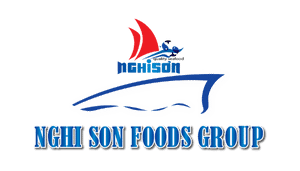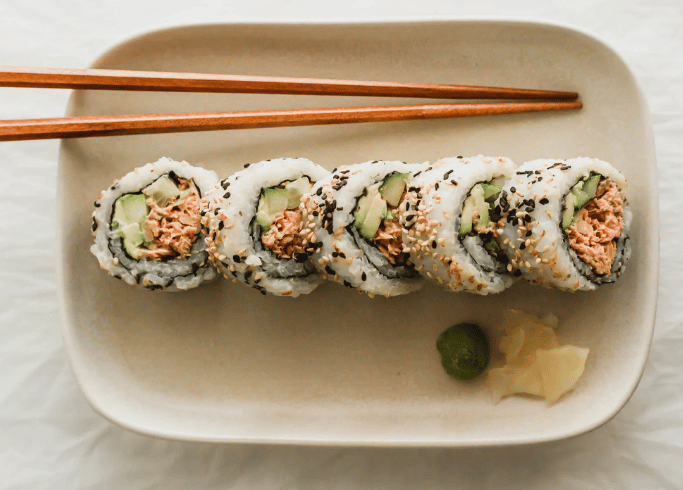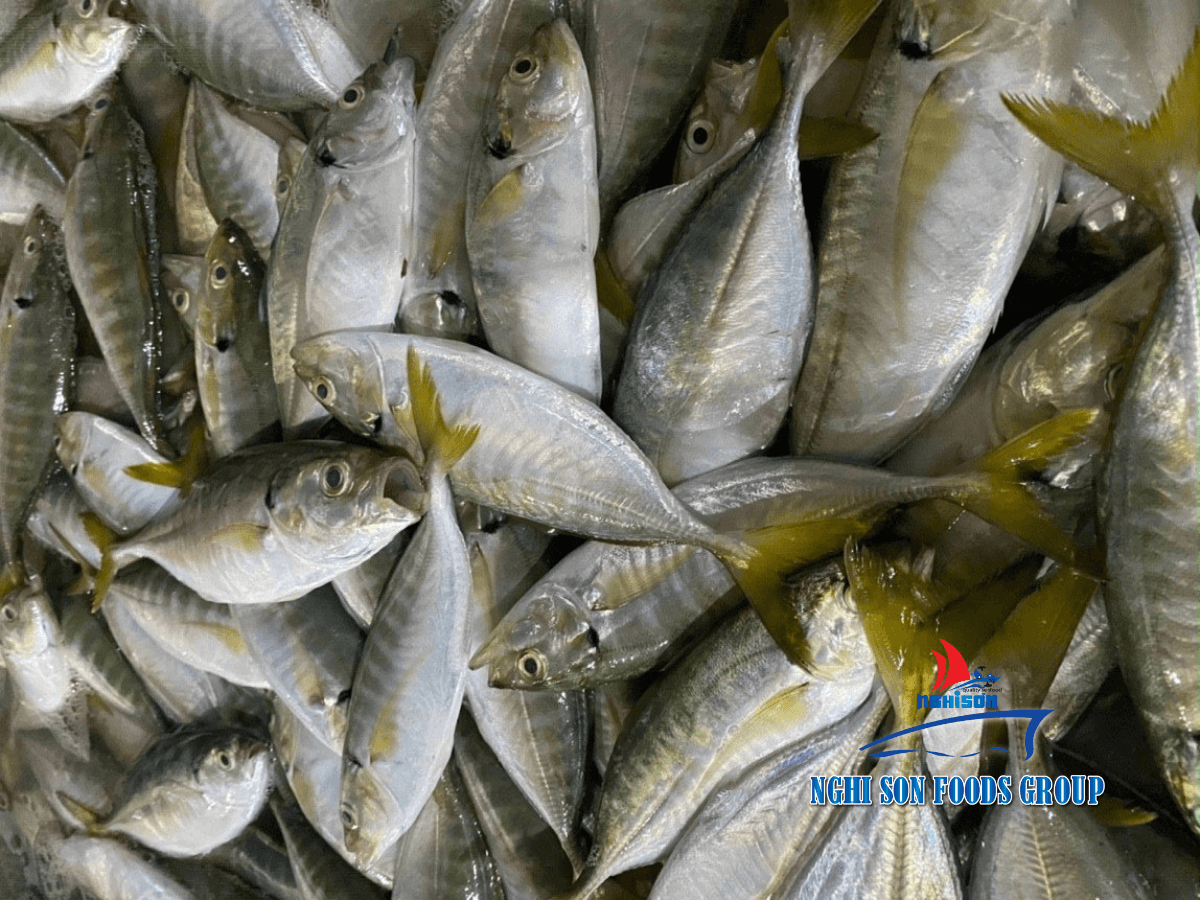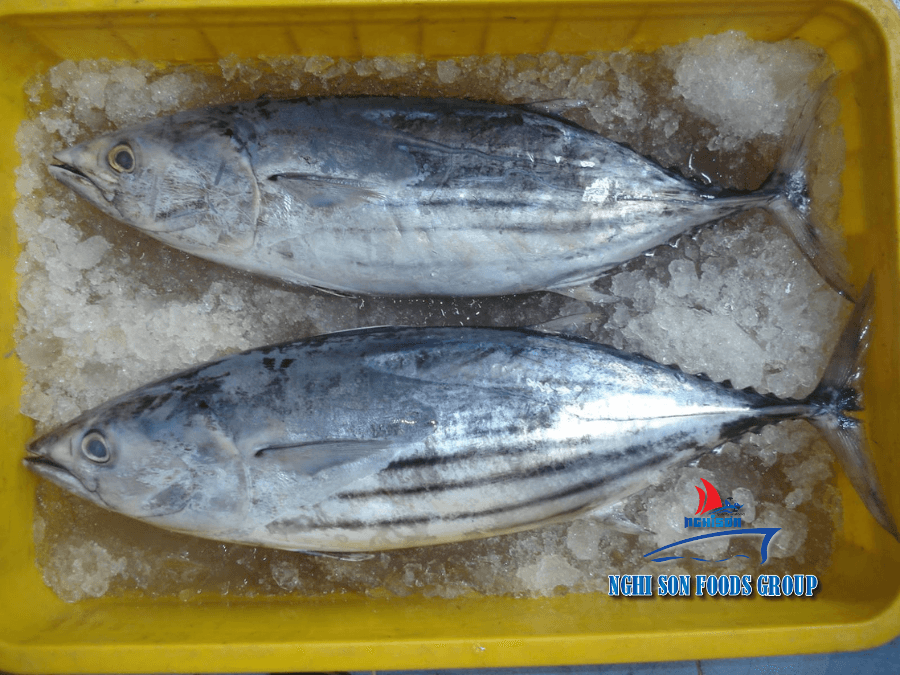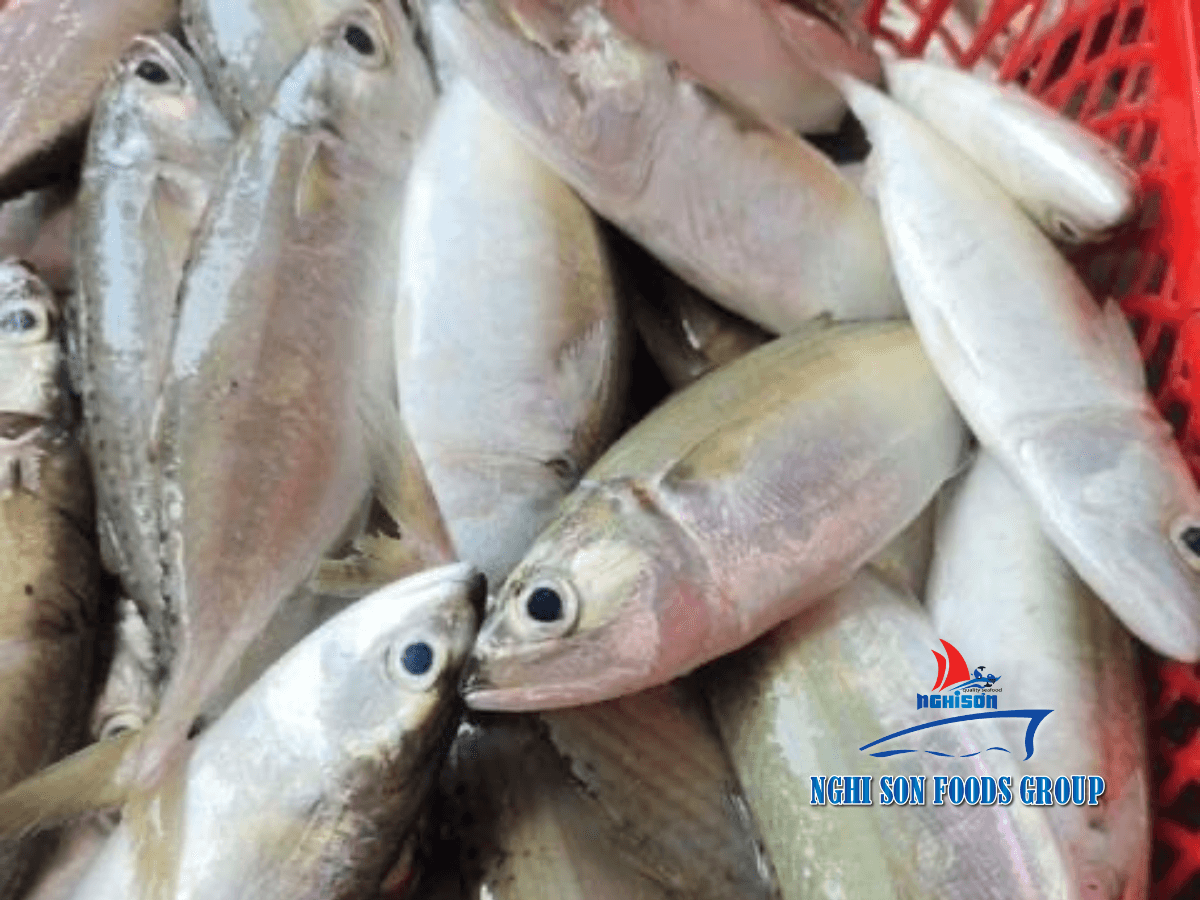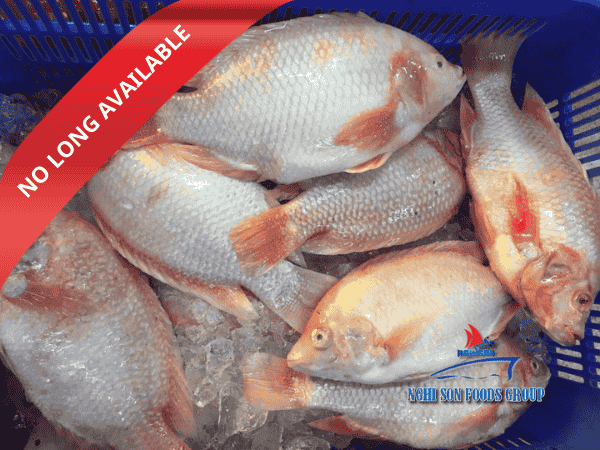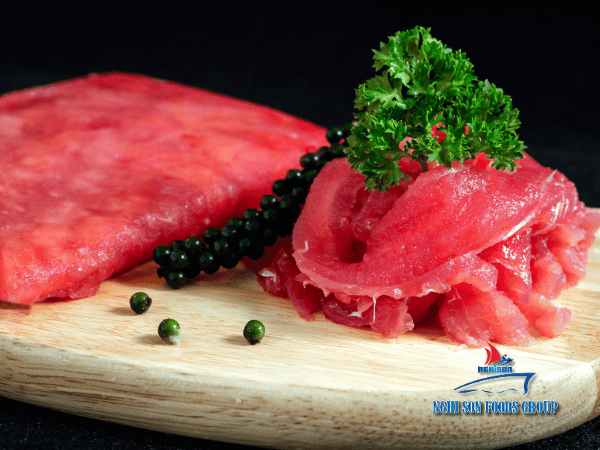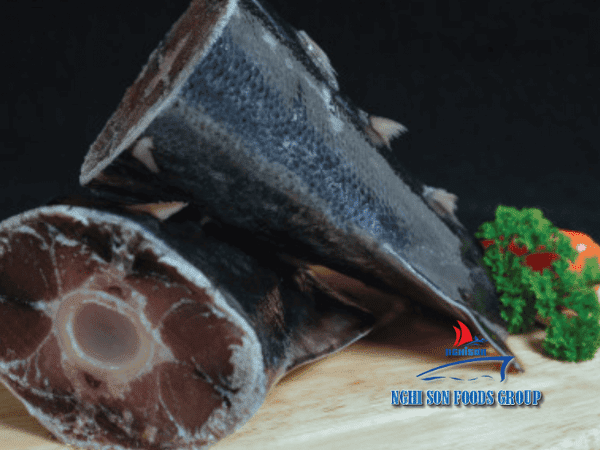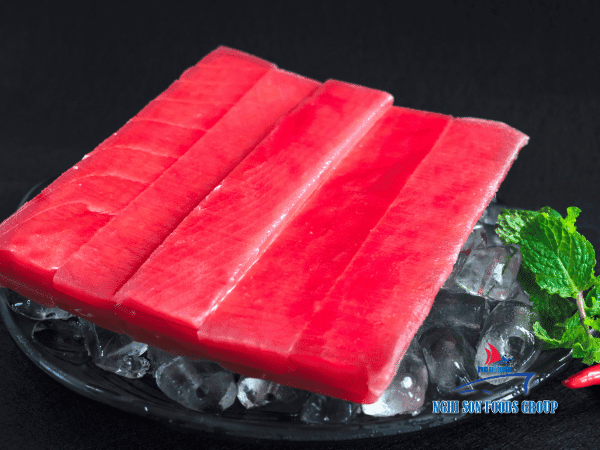The Namibian hake trawl and longline fishery have achieved Marine Stewardship Council (MSC) certification, marking a significant accomplishment in rebuilding hake stocks and eliminating destructive fishing practices. This certification opens up new global market opportunities, particularly in Europe and North America, where there is increasing demand for sustainably sourced seafood.
Table of Contents
ToggleSecond MSC-Certified fishery in Africa
Namibia’s hake fishery becomes the first in the country and the second in Africa, following South Africa’s hake trawl fishery, to meet the rigorous MSC standard. This achievement is the result of dedicated efforts by the government and private sector to improve biodiversity in Namibian oceans and sustainably maximize marine resources, according to Ron Wolters, Executive Secretary of the Namibian Hake Association.
Meeting the MSC fisheries standard
The independent assessment of the Namibian hake fishery was conducted by Control Union, a global inspection and certification contractor. It confirmed that the fishery complies with the three principles of the MSC Fisheries Standard, which include stock health, environmental impacts, and effective management. The fishery scored an average of 80 percent across 28 performance indicators within these principles.
Resilience and strong performance
During the certification assessment, the Namibian hake fishery demonstrated resilience and strong performance in various areas. It showcased the availability of data for hake stock assessment and harvest strategies, measures to minimize bycatch, a ban on discarding commercial species, efforts to minimize impacts on demersal habitats, and a transparent rights allocation process. These factors contributed to the successful certification, as stated by Michael Marriott, MSC Senior Program Manager for Africa, the Middle East, and South Asia.
Benefits of MSC Certification
MSC certification is expected to bring several advantages, including price premiums, improved market access, and potential leverage with the government. The growing demand for certified whitefish, particularly in higher-value markets, has driven the desire for MSC certification among Namibia’s hake fishing companies. Independent verification of environmental performance can enhance a fishery’s status in seafood rating systems and meet the expectations of supply chain buyers, according to Marriott.
Enhanced market access and local benefits
Ron Wolters affirmed that MSC certification will facilitate access to global markets, especially in Europe, where retailers prefer stocking certified fish and seafood products. The certification enables Namibian hake to command top dollar for high-quality products, benefiting the local industry. The fishery primarily focuses on shallow-water hake, comprising up to 90 percent of the hake resource, while deeper waters house the deep-water hake, crucial for the freezer trawler fleet, as noted by the Food and Agriculture Organization (FAO). The certification is expected to add approximately 160,000 metric tons of certified seafood to the global market, further expanding the value of Namibia’s hake industry, currently estimated at NAD 3.6 billion (USD 233 million, EUR 197 million).
Meeting consumer preferences for sustainability and traceability
The MSC certification comes at a favorable time for Namibia, as fish and seafood markets in Europe and North America increasingly prioritize sustainably certified products. Consumers’ trust in certified products, coupled with the rising demand, highlights the significance of sustainability and traceability in the fish and seafood industry. This trend creates opportunities for product diversification and increased value addition, particularly in northern Europe, as indicated by the Centre for the Promotion of Imports from Developing Countries (CBI).
Industry support and commitment to sustainability
The certification has garnered support from companies like Nomad Foods, the owner of popular brands like Birds Eye, Findus, and Iglo. Stefan Descheemaeker, Nomad’s CEO, expressed their readiness to purchase more hake due to the certification. Nomad aims to source 100 percent of its fish and seafood from sustainable sources by the end of 2025. They have been supporting the Namibian hake fishery on its certification journey and expect to introduce MSC-certified Namibian hake products to European consumers.
Continuing sustainability improvements
While celebrating the MSC certification milestone, the fishery’s members recognize the need for further improvements in sustainability metrics. The fishery has 15 conditions related to stock, bycatch, and management that must be met within five years to maintain certification. Significant progress has been made in reducing seabird bycatch, but some outstanding elements require attention, according to Titus Shaanika from the Albatross Task Force Namibia.
A testament to successful fisheries management
Namibian Fisheries and Marine Resources Minister Albert Kawana emphasized that the MSC certification, originally expected in 2019, reflects the fruitful efforts to rebuild hake stocks that were historically overfished. Before pursuing reform, the fishery suffered from overfishing by foreign fleets, particularly during the country’s colonial rule. The certification serves as an independent endorsement that Namibia’s conservation initiatives are effective, assuring retailers, brands, and seafood lovers worldwide that Namibian hake is sustainable and here to stay.
